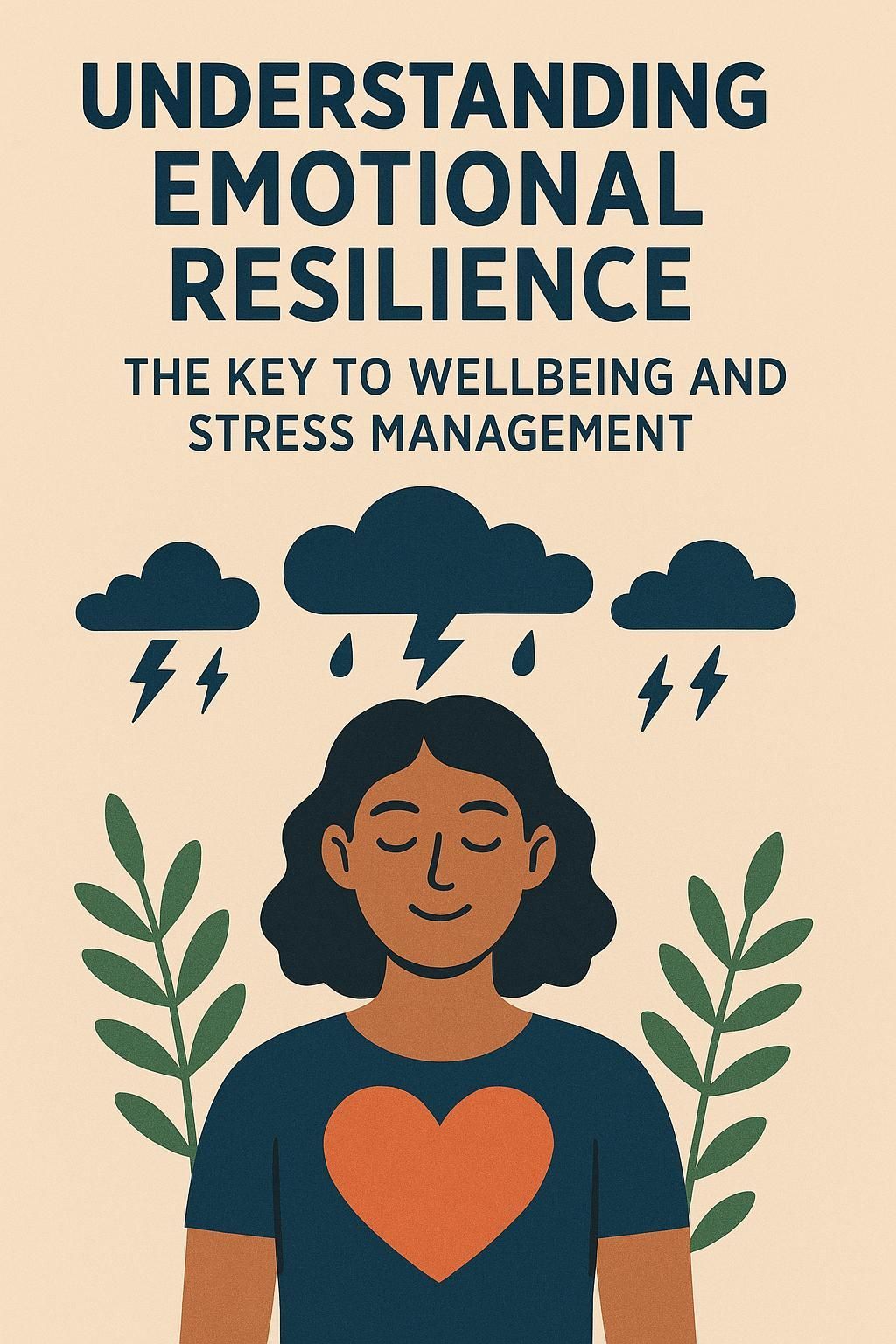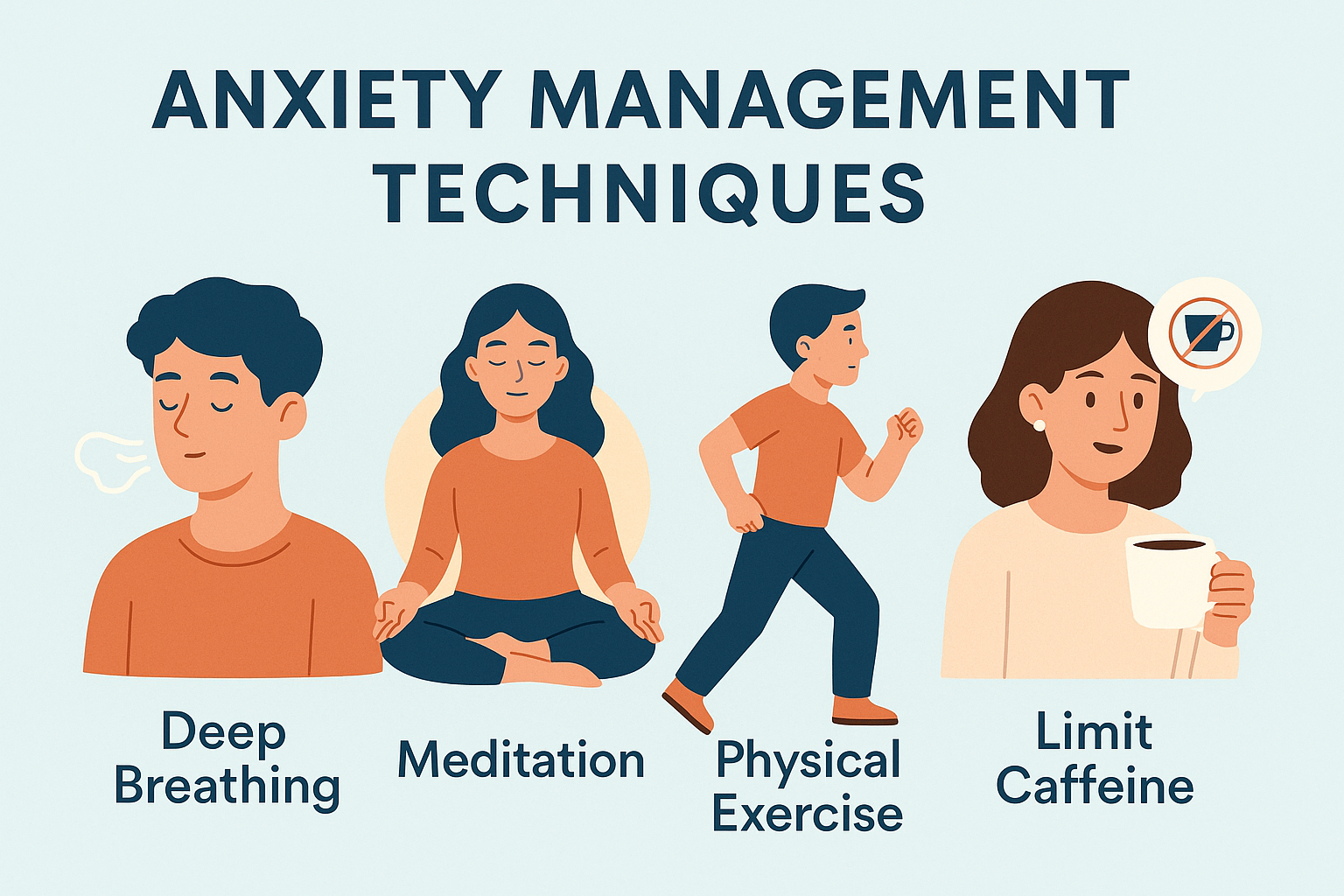
Understanding Emotional Resilience: The Key to Wellbeing and Stress Management
Life throws unexpected challenges your way, and how you bounce back can make all the difference. Emotional resilience is the key to weathering life’s ups and downs, helping you manage stress and adapt healthier.
But what really goes on behind the scenes of building resilience?
Understanding the science behind emotional resilience can explain why some people thrive under pressure while others struggle.
Let’s explore how this essential trait impacts your overall well-being and learn practical ways to strengthen it daily.
What is Emotional Resilience?
Emotional resilience is the ability to adapt and cope with stress, adversity, and trauma.
It's not about avoiding negative emotions or pretending everything is fine when it's not.
Instead, it's the capacity to bounce back from difficult experiences, learn from them, and grow stronger. Think of it as a muscle that can be trained and strengthened over time.
Emotional resilience plays a crucial role in our mental health and overall well-being. It allows us to navigate life's challenges more easily and helps us maintain a positive outlook, even when faced with difficult circumstances.
The Science Behind Emotional Resilience: How Our Brain Responds to Stress
Being emotionally resilient is deeply rooted in our brain's response to stress.
When we encounter a stressful or challenging situation, our brain activates the body's stress response, also known as the "fight or flight" response.
This triggers the release of hormones, such as adrenaline and cortisol, which prepare our body to respond to the perceived threat.
Stress can be beneficial in small doses, helping us focus and take action.
However, when stress becomes chronic, it can weaken the brain's ability to regulate emotions, leading to increased anxiety, depression, and other mental health issues.
Fortunately, our brain has a built-in mechanism that helps us cope with stress and build emotional resilience. The prefrontal cortex, the part of the brain responsible for rational thinking and decision-making, plays a crucial role in regulating emotions.
Engaging in activities that stimulate this part of the brain strengthens emotional resilience and improves one's ability to cope with stress.
What are Some Counseling Techniques that Build Emotional Resilience?
Different counseling techniques can help individuals build emotional resilience. Here are a few examples:
1. Cognitive Behavioral Therapy (CBT): This type of therapy focuses on identifying and challenging unhelpful thoughts so that individuals can learn to develop more adaptive coping strategies.
CBT is effective in improving emotional resilience and reducing symptoms of anxiety and depression. It can be done in individual or group sessions and typically involves homework assignments to practice new skills.
2. Mindfulness-Based Stress Reduction (MBSR): This technique involves developing awareness of the present moment and accepting one's thoughts and emotions without judgment.
MBSR has been shown to reduce stress, anxiety, and symptoms of depression, as well as improve overall emotional resilience.
3. Solution-Focused Brief Therapy (SFBT): This approach focuses on finding solutions to current problems rather than dwelling on past issues.
Individuals can build confidence and resilience by setting achievable goals and focusing on strengths and resources.
4. Support Groups: Joining a support group can provide a sense of community and connection, which are essential for building emotional resilience.
Connecting with others who have gone through similar experiences can also offer valuable insight and coping strategies.
Counseling for Emotional Resilience Available in Dallas, TX
At Beckloff Behavioral Health Center, we understand how important emotional resilience is for navigating life's challenges.
Our compassionate and highly-trained specialists are here to help you or your loved ones build this vital strength through individual counseling and other services. Schedule an appointment today and take the first step toward a brighter future



